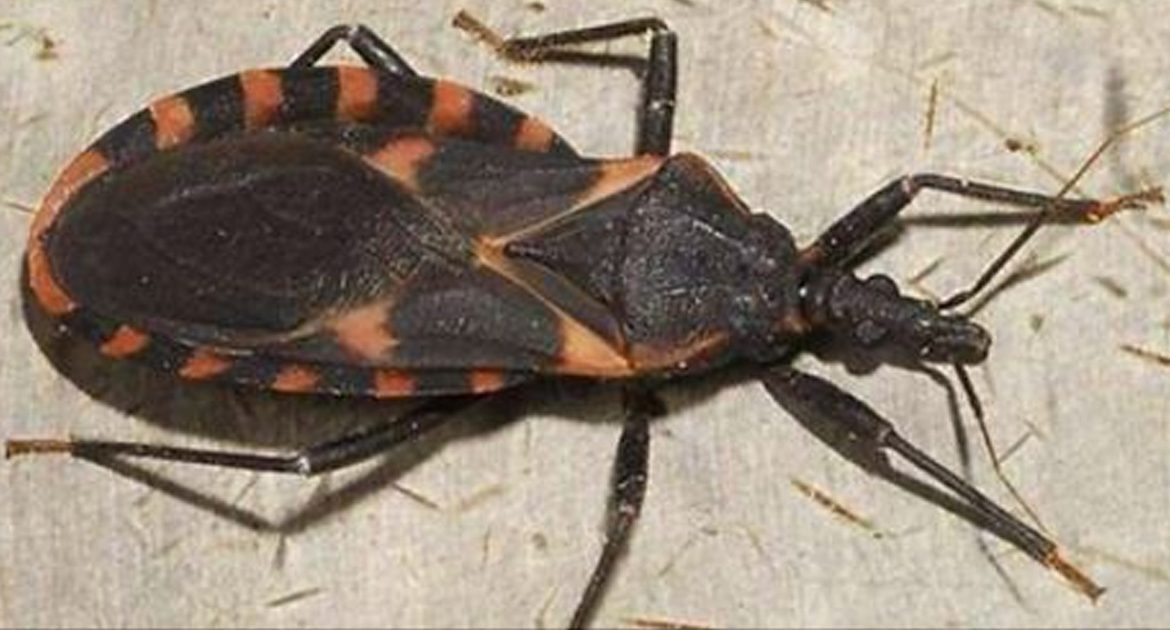Most people hate insects and don’t want to deal with them at all. But they are a really important part of nature, so there is nothing you can do about it. However, you can at least try to keep them outside of your home.
Here we want to tell you about a new insect that had started invading the United Stated and that people should be cautious of. This species can make some people very sick. And it’s better to stay away from it, even though its name sounds really sweet – the kissing bug.
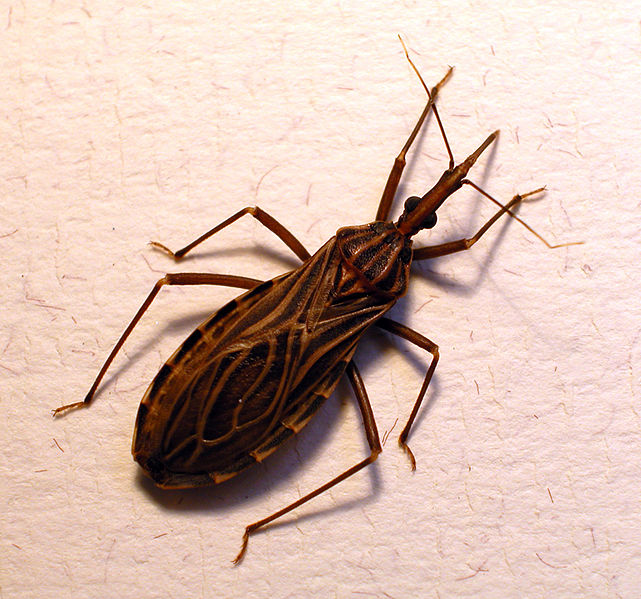
These bugs also have other names such as conenose bugs, assassin bugs, and even vampire bugs. Scientifically they are called triatominae and you can usually find them in Asia, Africa, Australia and the southern US border. But they appeared in the United Stated too, and that’s a threat. There are more and more reports on these dangerous insects in the northern states as well.
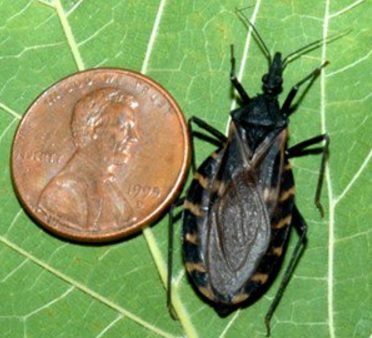
Kissing bugs are small and dark beetles. They have a light golden pattern on their backs and six legs. They have a shape of a teardrop as their bodies taper toward the head. Look at the picture to remember how they look like at various points of the life cycle.

Kissing bugs feast on blood, that’s why they prefer to live around humans and other vertebrates. They are most active at night and can attack people during their sleep. But biting and sucking blood is not the scariest part. The scariest part is that their bite can leave a parasite under the skin and cause Chagas disease.
At first, symptoms of Chagas disease are mild and remind common flu. But there can develop much worse problems in about one third of cases. According to Mayo Clinic, aches, rash, fatigue, fever, swollen glands, and loss of appetite occur pretty often. If the case is more severe, person can experience constipation, abdominal pain, irregular heartbeat and even sudden cardiac arrest.
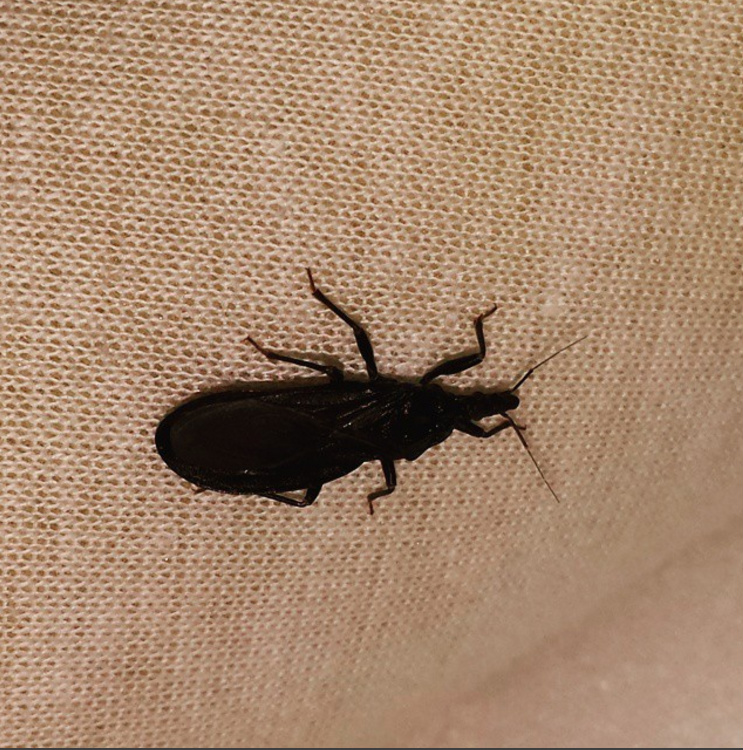
If you suspect that you could have been bitten by the kissing bug, get to the doctor as soon as possible. Do not rub or scratch the bite; do not touch your eyes. There is no cure yet, so it’s better to minimize the chance of infection.
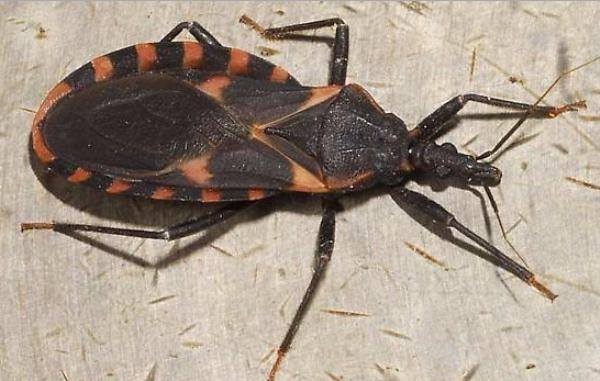
If you think that you might have these bugs living in your home, ask for professional help. It’s exactly that type of situation when it’s better safe than sorry!
